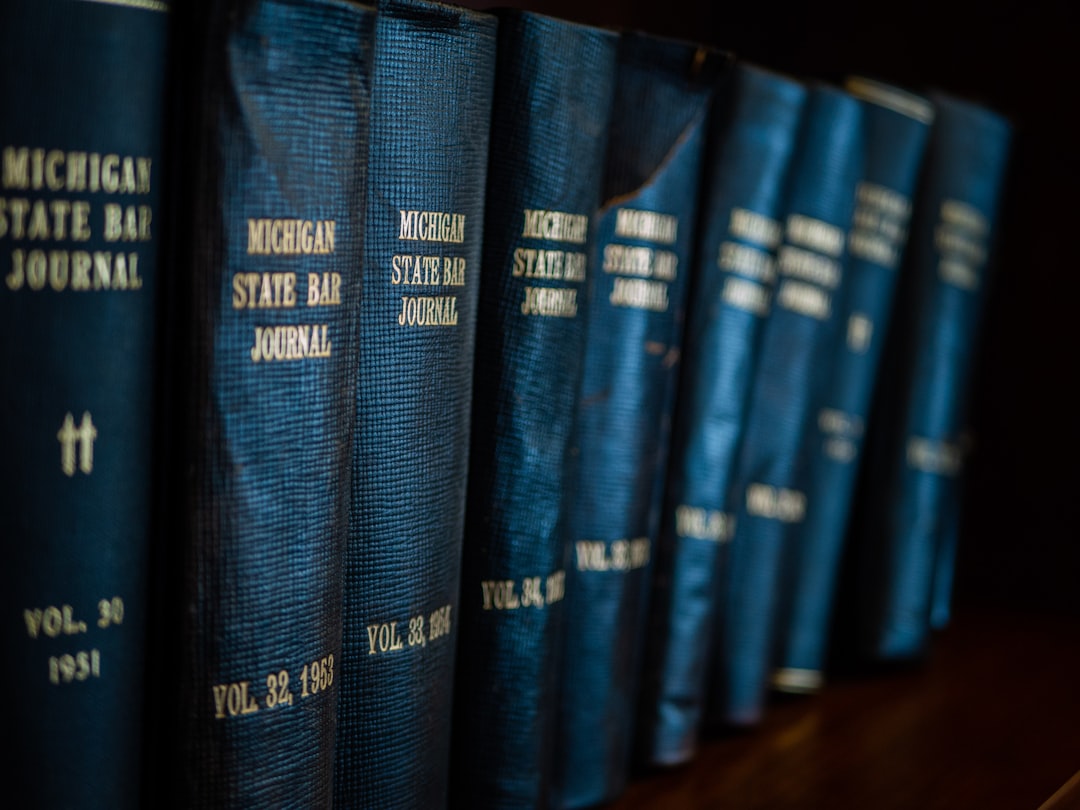In Austin, Texas, school districts and local school abuse law firms collaborate to protect students from sexual misconduct. Strict laws, mandatory reporting, staff training, and investigations ensure accountability. The Texas Education Agency monitors compliance, creating safer learning environments. School abuse law firms guide victims through legal processes, advocating for their rights and justice. Proactive strategies, including education and support mechanisms, foster a culture of safety and accountability in Austin TX school districts.
“In Austin, Texas, understanding the accountability mechanisms within school districts for sexual misconduct is paramount. This comprehensive guide explores the role of Austin’s school districts, the state’s legal framework, and available resources for victims. We delve into how these institutions handle sexual abuse cases, focusing on the impact on students and families. Furthermore, we present strategies for prevention and support, emphasizing the crucial role of law firms specializing in school abuse to ensure justice and healing.”
Understanding Austin TX School Districts' Role

In Austin, Texas, school districts play a pivotal role in maintaining a safe and respectful learning environment for students. With increasing awareness about sexual misconduct, these districts are held accountable under strict laws aimed at protecting minors. The city’s school abuse law firms assist victims and their families in navigating this complex landscape. Each district within Austin TX has the responsibility to establish policies that prevent, identify, and address sexual harassment or assault. They must ensure a responsive system for reporting incidents and provide adequate training for staff to recognize and handle such situations effectively. By upholding these standards, school districts contribute significantly to fostering a culture of safety and accountability in educational institutions.
Legal Framework: School Abuse Law in Texas

In Texas, the legal framework for addressing school abuse, including sexual misconduct, is governed by a comprehensive set of laws designed to protect students and hold perpetrators accountable. The state’s School Abuse Law firms Austin TX with robust provisions that establish clear protocols for reporting, investigation, and discipline. These laws mandate that schools maintain safe environments free from harassment and assault, ensuring the well-being of every student.
Key aspects of Texas’ school abuse law include mandatory reporting requirements for educators and staff, who must promptly notify appropriate authorities upon suspicion or knowledge of any sexual misconduct involving students. Furthermore, these laws provide a structured process for investigations, offering protection to victims while striving for fair outcomes. Austin TX school districts are expected to uphold these legal standards, ensuring transparency, consistency, and justice in their handling of sexual misconduct cases.
Accountability Mechanisms for Sexual Misconduct

In Austin TX, several mechanisms are in place to ensure accountability for sexual misconduct within school districts. This includes strict policies and procedures outlined in student handbooks and staff training programs aimed at prevention and swift response to reported incidents. Law enforcement agencies play a crucial role by investigating complaints and ensuring justice for victims. Additionally, school abuse law firms in Austin TX offer specialized legal support, guiding victims through the complex process of reporting, evidence collection, and potential litigation against responsible parties, be they peers, teachers, or administrators.
The Texas Education Agency (TEA) also oversees compliance with state laws regarding sexual misconduct, conducting regular audits and inspections to verify school districts’ adherence to regulations. These accountability mechanisms are designed to create a safe learning environment by deterring perpetrators, supporting victims, and fostering transparency within the educational system.
The Impact on Students and Families

The impact of sexual misconduct within Austin TX school districts is profound, affecting students and families in ways that ripple through communities. Victims of school abuse often experience a range of negative consequences, from academic struggles to emotional trauma and mental health issues. This can create a challenging path towards healing and success for both students and their loved ones.
Families affected by such incidents may find themselves navigating complex legal systems and dealing with the emotional burden of seeking justice. Austin TX school abuse law firms play a crucial role in advocating for victims’ rights, providing support during investigations, and ensuring accountability through legal channels. Their expertise helps families hold perpetrators responsible and pursue appropriate remedies while offering much-needed guidance and representation.
Strategies for Prevention and Support

In addressing sexual misconduct within Austin TX school districts, proactive strategies for prevention and robust support systems are paramount. Educational institutions should implement comprehensive training programs for both students and staff to foster an environment that discourages such behavior. This includes teachings on consent, healthy relationships, and clear understanding of district policies against abuse. Regular workshops and open dialogues can help identify potential issues early on, ensuring swift action in compliance with Austin’s school abuse law firms.
Support mechanisms play a crucial role in healing and recovery. Schools should designate safe spaces where victims can seek comfort and guidance, often facilitated by trained counselors or specialists. Confidential reporting systems must be readily available, encouraging students to come forward without fear of retaliation. Furthermore, partnering with reputable school abuse law firms in Austin TX ensures that legal avenues are accessible for both victims seeking justice and districts aiming to uphold accountability standards.






